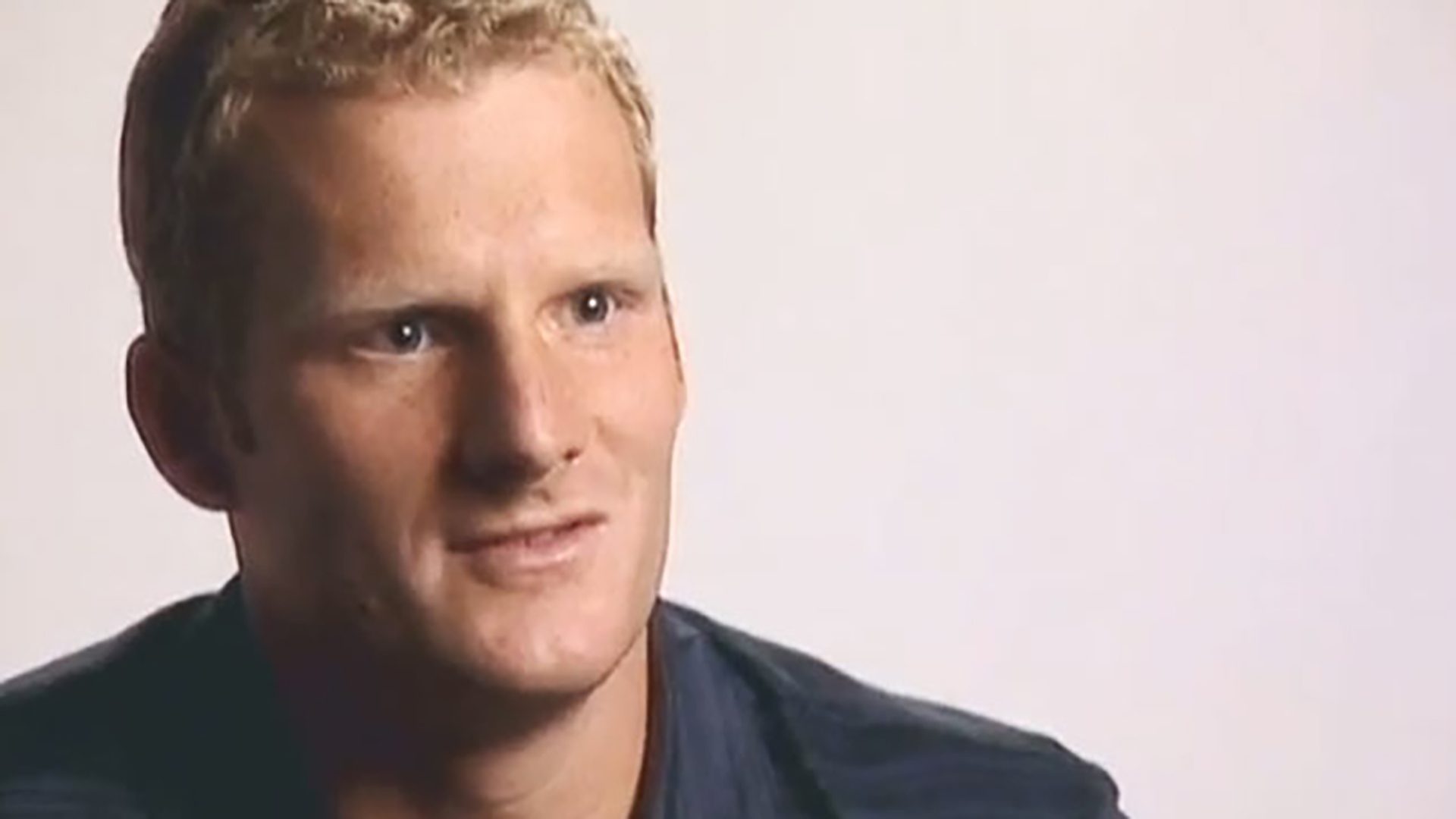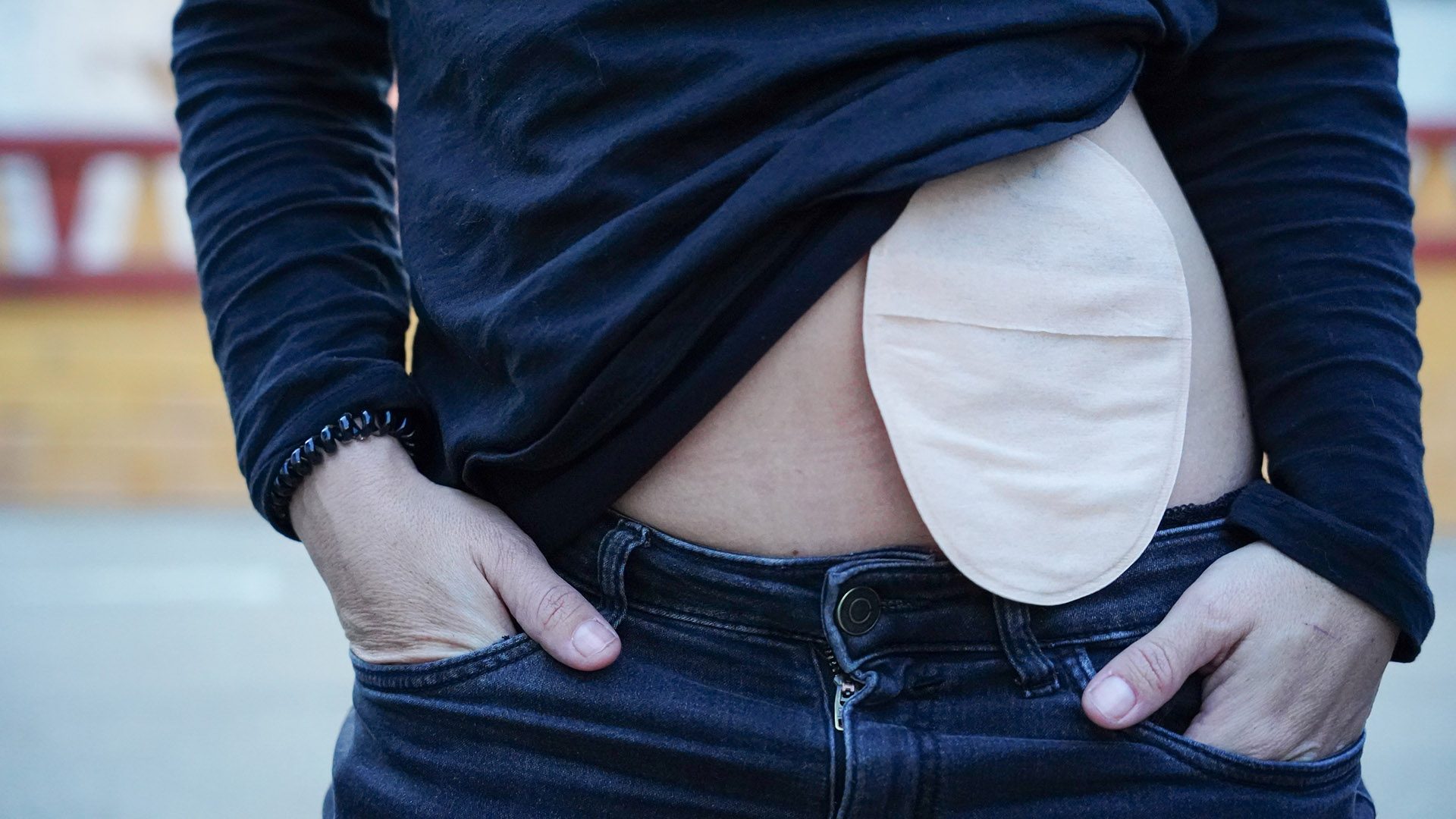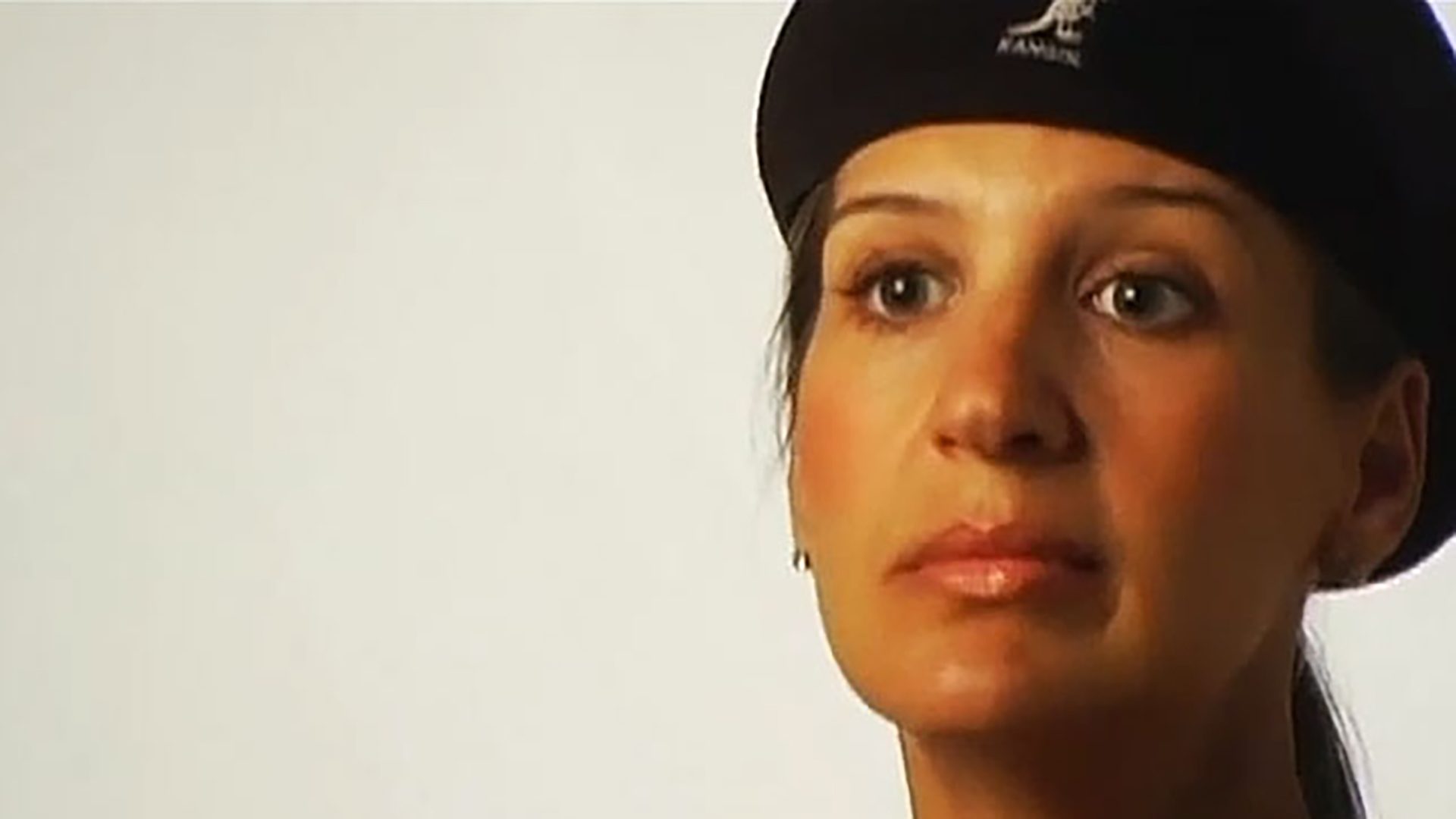Survivor Interview – Chris C
Chris, a testicular cancer survivor, talks about his symptoms and pushing his doctor to diagnose his pain. He discusses family relationships and keeping his fertility.

My doctor and I met before and after each of my treatments. The week before my last scheduled treatment, he had told me that my two markers, my alpha protein levels, were well below what they needed to be for me to be considered in remission. He told me, “All you have to do is come back in next week, go through that last regimen or last round of treatments, and you’ll be done.” And that’s kind of how it was. I mean, I walked out of there the last day, and the doctor wiped his hands, pushed me off, and said, “All right, go back to college.” There was never really any thought of educating me or giving me support to figure out, how do I get back into my old life?
The main physical issue I’ve dealt with was that I was in incredible shape before I was diagnosed, training and running in marathons. Since going through the chemotherapy and having my surgeries, I’ve gone from doing marathons to doing iron man triathlons. I’ve definitely, in my athletic career improved greatly since then, but as far as physical, I recover much slower than I used to. Chemo brain has affected me. I talked to my doctor and said, “I can’t remember people’s names. I have a tough time focusing. I have all these things that I didn’t have before.” And he said, “Ah, don’t worry about it. It will go away,” and/or, “You just went through a traumatic experience. It will come back.” There’re people in high school that I knew really well, and I couldn’t tell you their names. I feel really guilty. It’s a definite issue for me in my survivorship. There is not enough awareness generated around it.
As what my expectations were of when I finished my treatments, doctors told me, “You’ll never run another marathon again. You’ll never do another triathlon again. You’ll never be the same.” And they were right about one of those. I’ll never be the same; I’m a much better person. But they were wrong about marathons, triathlons. I got done with it and said, “All right. Time to tell the doctors. If I had to go through life again, I’d write in, “Cancer at age 20.” That would be part of the script. My life changed because of the cancer in relation to how I eat, checkups, what I’ll put in my body versus what I won’t put in my body, I’m very careful about what I will and what I won’t do to my body.
I knew everything about my treatment options. I surprised some of my doctors when I went in knowing as much as I did, and I think that’s really important. When I first started having pain and I knew that something was wrong, I went in to see my doctor and he said, “Chris, you’re running too much. Nothing’s wrong with you. Ice and Advil.” Out the door. He swore up and down, “There’s nothing wrong with you.” He couldn’t have been more wrong.
You have to be informed. You’re playing with your life and have to be the one that takes charge of your own outcome, so you have to educate yourself. You have to get second and third opinions. When I went to see the urologist who read me my tests, the first word was, “We think you have cancer. What are you doing at three o’clock today? You have one option, and that is to have this surgery, go through chemo, and you might make it.” Wrong. He gave me absolutely no hope. I had a lot of options. The way that he painted the picture was completely different from what reality was. He had no idea what stage cancer I had. I went from him, who had maybe performed six surgeries a year to a doctor who performs six a day – the person who pioneered that technique. The first urologist that I went to see put no thought into my life after cancer. I think that’s because in his mind, there was no life after cancer. As far as fertility issues, it was, “Let’s get the cancer out of your body as quickly as possible.” As I met with more doctors, fertility is definitely one thing they all brought up. At 20, you’re not thinking about having kids. I’m lucky that my treatment didn’t affect my fertility. But it could have.
I think one thing that really affected me was I really had to come to grips with my own mortality, understanding that five months that could be it. Nobody understands unless they’ve gone through it. It’s something that affected me then. It still affects me today in a positive way, because I’m more thankful for what I have and what I have been through. I think that a lot of times people equate cancer with death, with no longer having the same life as you did before. That couldn’t be further from the truth. You can’t ever give up. You have to fight. And there are days when you don’t feel like fighting, but you’ve just got to get up and keep going. You’re living day to day. Don’t ever let it beat you. Life is just too precious for you to quit. I think I’m living proof of that.
Caregivers have one of the toughest jobs out there. When I was going through my treatments, a big part of me wanted to survive, because I didn’t want to see my parents and my sister watching me die. I think that a lot of times patients really draw from the caregivers. I surrounded myself with people who were thinking positively. It was a roller coaster for them, but it was also a roller coaster for me. And when I was down, they were the ones who were there to bring me back up.
I went through a lot of stages of fear, of joy when I found out I was in remission. When I was going through my treatments, I always tried to stay positive, but there were still emotions running through me that I was suppressing, the fear, the anxiety. Why? What am I supposed to do with my life now? That’s a question that I answer to this day. It’s the reason why I’m here.
Survivorship begins the moment that you’re diagnosed; it’s something that lives with me every single day. I’ve been in remission now for seven years and four months. Despite that window of seven years, I think about what I went through with cancer every single day, if not every single minute of every single day, because it’s changed the person I am. It’s made me a stronger, much better person.
My name is Chris Crichton, and I am a seven-year cancer survivor.

